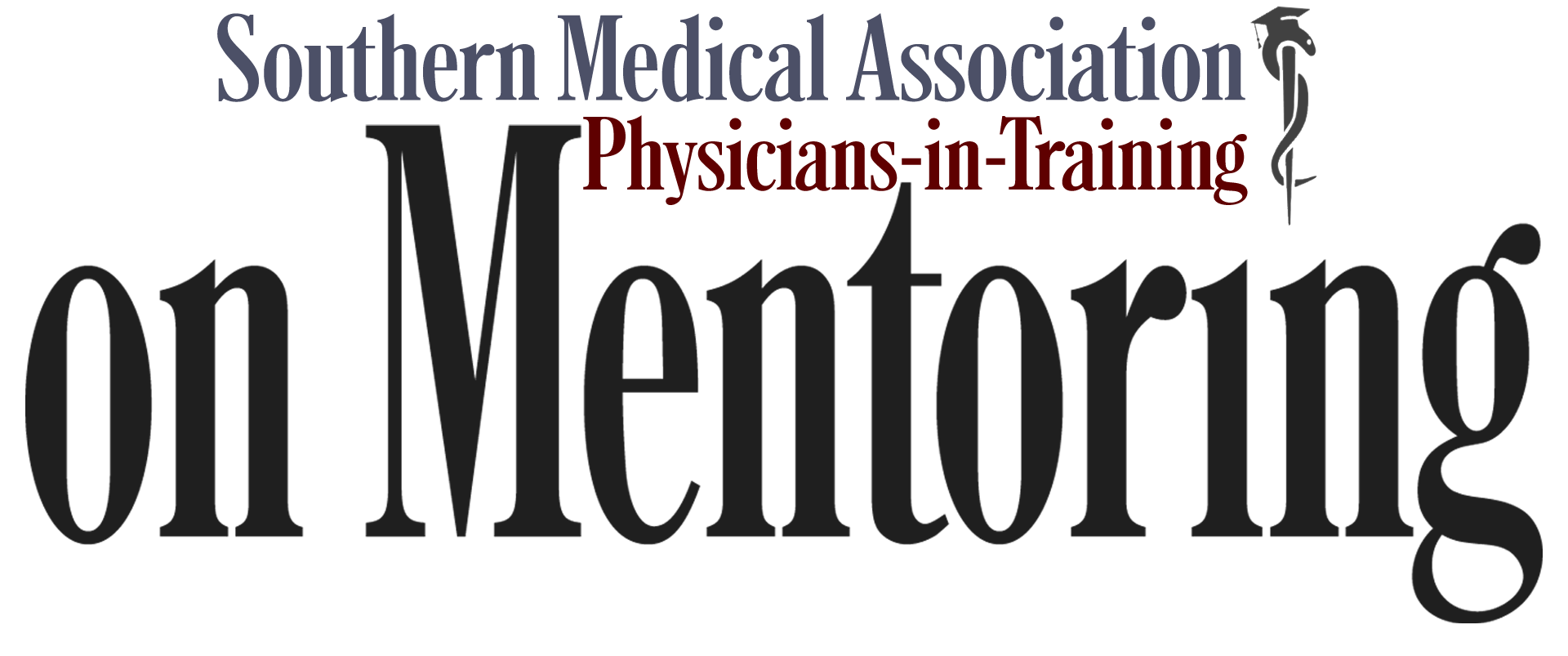
on Mentoring: Mary Thomas

DR MARY L. THOMAS and DR. CHRISTOPHER JACKSON
Mentoring is remarkably interesting to think about. While there are components that are common among effective mentor-mentee relationships, no one relationship is the same. The key is establishing the mentee’s needs early on by making this topic an intentional point of discussion. For example, some mentees may be looking for career advice while others need research advice. While reflecting on our mentor-mentee relationship, we determined the three key components that have made our mentor-mentee relationship highly effective: navigating impostorism, the importance of sponsorship, and personalizing your mentorship approach.
Unfortunately, for many in medicine impostorism is a well-kept secret. People with impostorism may think, “I only got that promotion by accident, not because of my qualifications.” Combating these feelings in mentees poses a significant challenge but is crucial to their professional identity formation. Additionally, showering your mentee with praise may not be enough to wash that self-doubt down the drain. Instead, consider providing both encouragement and opportunities for them to prove their qualifications to themselves.
Sponsorship is an underutilized approach to extending the positive impacts of mentoring. Multiple studies demonstrate that underrepresented individuals in medicine are over-mentored and under-sponsored. If we consider mentoring as the mechanism to help mentees see what discussions happen at the table, it is also important as mentors to use our influence and positions to sponsor mentees for opportunities that they would not be able to access otherwise. As mentors, we should make a concerted effort to involve our mentees in invited talks we give, manuscripts we are asked to write, and organizations in which we have leadership roles. With sponsorship, mentees see the full extent of how their skills can meaningfully impact the lives of others and their professional development. Moreover, sponsorship becomes the opportunity to help undo the negative impacts of impostorism on our mentees.
Personalizing the mentor-mentee approach is essential for the relationship to have bi-directional benefits. Recognizing that mentorship is not a one-size-fits-all approach is paramount as many of us have felt the impact of mentor-mentee relationships designed with someone else in mind. When I meet with mentees for the first time, I clarify that my goal is for them to become the best personal and professional versions of themselves, not a replica of me. Take the time to learn their personal and professional goals and use that to help them make a roadmap for success. As the relationship matures, do not be afraid to share parts of your journey as a mentor when you had similar concerns to your mentee. This reflective practice helps humanize the mentor to the mentee and provides a foundation for the mentor-mentee relationship to become more unique and worthwhile.
As mentors and mentees, intentionality with the mentoring relationship you create is paramount to it being successful. High-value mentoring requires a shift in perspective to consider the mentor's unique skills to the mentees' unique needs. Addressing impostorism, prioritizing sponsorship, and embracing individuality in mentorship are three lessons we learned that took our mentoring relationship to the next level.
